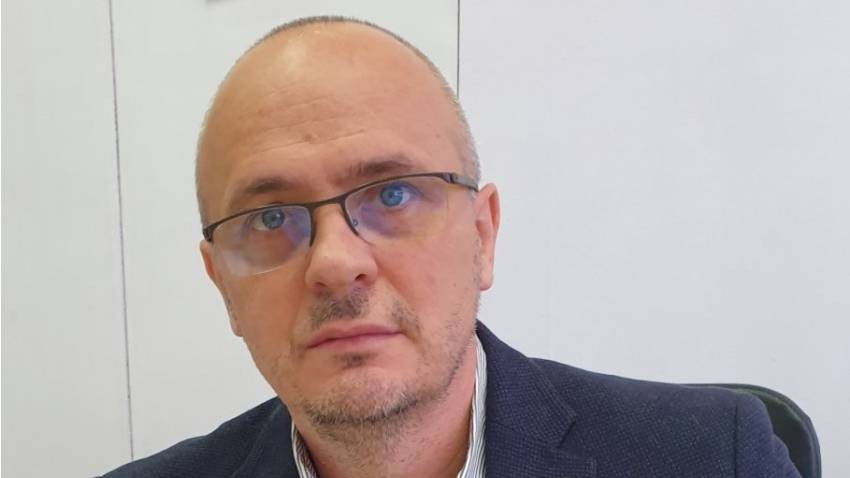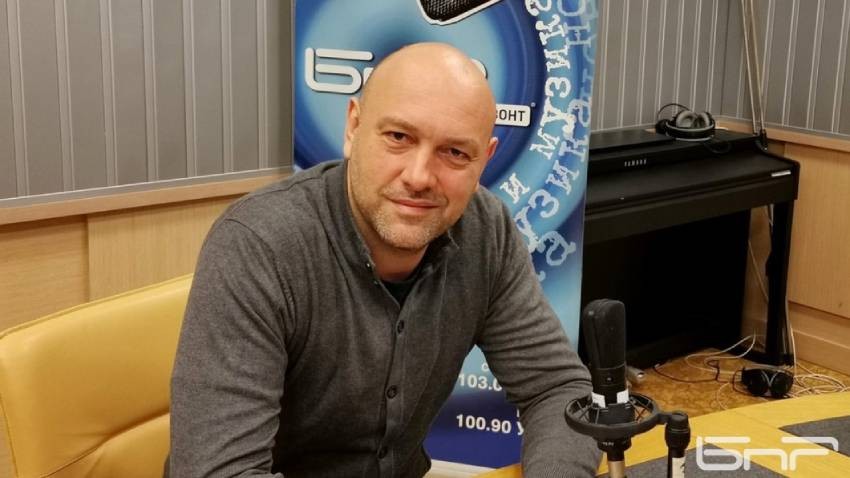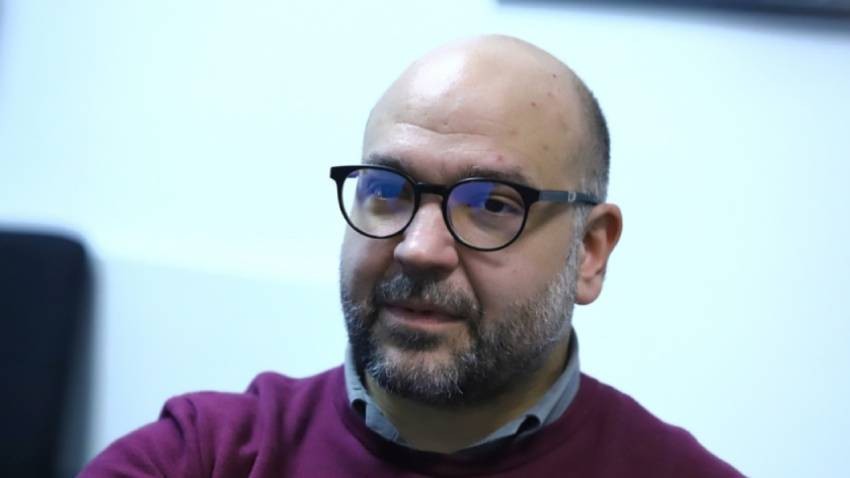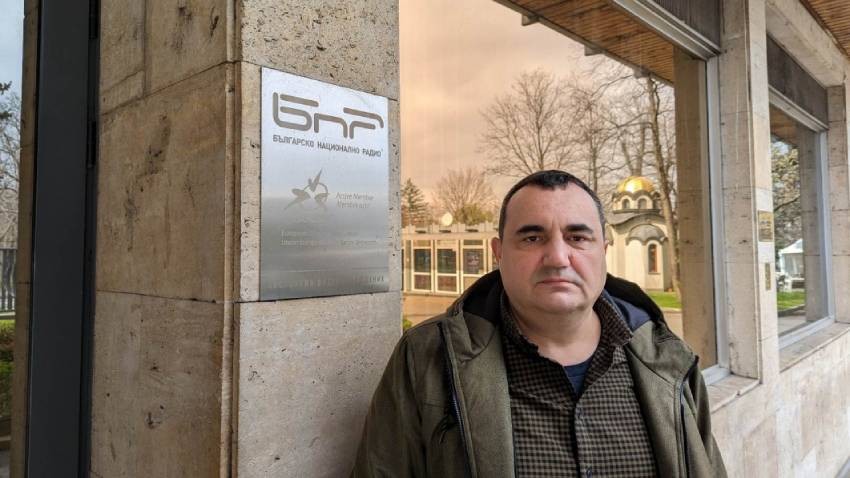The names of the 240 new MPs who will take their seats in the 49th National Assembly of Bulgaria are now known. What the time horizon of the new legislative body will be is still anyone’s guess. Six political formations entered the new parliament after the 2 April general election, and it looks like forming a stable majority between the first two formations will be a difficult job, after the coalition We Continue the Change-Democratic Bulgaria refused its support for a government with the participation of their opponents, the winner in the election GERB-SDS.
“Nothing out of the ordinary can be expected after the election, but we could expect something more stable. The parties have been subdued, and that is because the winners traded places – We Continue the Change-Democratic Bulgaria expected to win, but they didn’t,” explains political analyst Georgi Kiryakov in an interview with BNR-Plovdiv, and adds that the role of the pilot on the plane is, at the moment being played by the president, and it will be difficult for the politicians to regain control of it:

“They are very close to the ground, very rooted, none of them looking farther than the furrow they have dug. Aerobatics is not something that comes easy to politicians. If they were such good pilots then we wouldn’t be looking at one more election, the sixth in a row.”
Political analyst Dimitar Avramov says a government on the first mandate could still be formed, with the support of the Movement for Rights and Freedoms (MRF), the Bulgarian Socialist Party (BSP) and, possibly, of the smallest formation in parliament There Is Such a People, as GERB managed to reach a last-minute agreement with the MRF and the BSP on some issues, including the next round of amendments to the electoral legislation.

“This partnership could be made official in parliament with a more flexible model, not exactly a coalition partnership. There will have to be some kind of political agreement, of course. The Movement for Rights and Freedoms have not been formally in power for a long time. And for the Bulgarian Socialist Party this will be their last chance. So that both parties are highly motivated to partner up, and to support this mandate. As to There Is Such a People – it is not clear what political motivation there is there because it is a party that, in the space of one year and a half, crashed, and from first political force plummeted to around the electoral threshold mark of 4%. It is not at all clear whether there is any political rationality there or any consistent behavior.”

The refusal of the second biggest political force in parliament We Continue the Change-Democratic Bulgaria to support GERB is not enough as a message conveyed to the electorate. What they should have done is to say what alternative they are offering, says political scientist Hristo Panchugov.
Everything that happened was known beforehand, after a solution was not found in the previous parliament to the problem of forming a government around GERB, journalist Veselin Stoynev said for the BNR:

“But that did not happen because there are processes taking place within the We Continue the Change-Democratic Bulgaria coalition owing to their leaders, and these processes are deepening. They seem unable to prioritize what lends the coalition identity. On the one hand – GERB and the fight against corruption, and on the other – their Euro-Atlantic orientation. As it turns out you cannot have both, and you have to adapt to the situation,” Veselin Stoynev says. “When you try to keep the promises you have made - judicial reform, anticorruption laws, entry into the Eurozone and Schengen - you have to do that within the bounds of the steps it is possible to take in that direction. If you sit in a corner like some kind of Hesychast waiting for the world to come to you, instead of going out to the world, then obviously you will not achieve even the smallest element of all this.”
How the political scenario is going to play out is something we shall find out after 12 April, when the new members of parliament will take their seats, after which the procedure will be set in motion for the formation of a regular government of Bulgaria.
Interviews by Vesselina Peeva and Dimitar Vladimirov, BNR-Plovdiv, Silvia Velikova and Diana Yankulova, Horizont channel, BNR
Compiled by Yoan Kolev
Translated from the Bulgarian and posted by Milena Daynova
Photos: BTA, BGNES, BNR, archive
Nearly five months after the last early parliamentary elections in Bulgaria, the 51st National Assembly has "grown" by one party and is now formed by nine political formations. The Constitutional Court declared the election of 16 MPs illegal , and..
Georgi Kuzmov, who was removed from his position as mayor of the Sofia district of Oborishte, is returning to his post after winning the new elections with nearly 70% of the votes. At the end of last year, the Supreme Administrative Court..
Velichie party enters the 51 st National Assembly with 10 seats, the Central Election Commission (CEC) has decided following the ruling by the Constitutional Court which alters the results of the election for National Assembly held on 27 October,..

+359 2 9336 661
